Kevin Clarke
Operetta Research Center
27 June, 2020
Wohlbrück or Walbrook? Adolf or Anton? Whatever you choose to call him, the actor known under two names was one of the most handsome men in the German language film industry of the 1930s, making one glorious film operetta after the other. When the Nazi terror got worse he emigrated to England, changed his name and had a second film career, leading to such classics as The Red Shoes, but also the marvelous Fledermaus adaptation Oh… Rosalinda! In July, the Zeughaus cinema in Berlin is honoring Adolf Wohlbrück with an expansive retrospective. Coinciding with this is the publication of a 120 page book entitled Wohlbrück & Walbrook: Schauspieler, Gentleman, Emigrant.
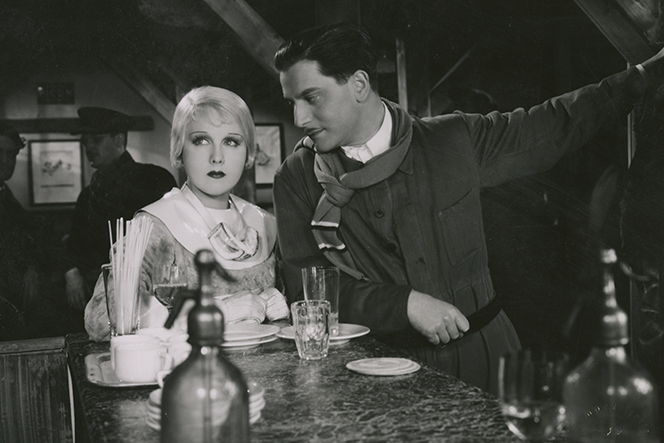
Anny Ondra and Adolf Wohlbrück in “Die vertauschte Braut,” 19334. (Photo: Zeughauskino Berlin)
Mr. Walbrook is a fascinating figure on many levels. First and foremost, of course, he’s a brilliant actor who brought a unique charm to his many swaggering happy-go-lucky-roles, among them Sándor Barinkay in Zigeunerbaron. He doesn’t sing in that movie, but he’s still a perfect operetta hero that can easily put legends like Henry E. Dixey to shame.
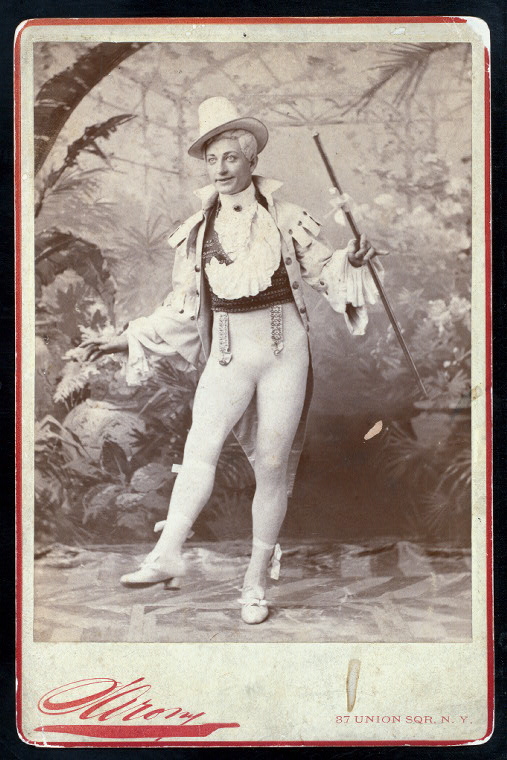
Henry E. Dixey in “Adonis,” 1884, photographed by Sarony.
Zigeunerbaron is strangely not part of the Berlin retrospective, Oh… Rosalinda! is. The latter was recently released on DVD for the first time, but it is a unique thrill to see it on a large screen. (For more information on that Johann Strauss movie, click here.)
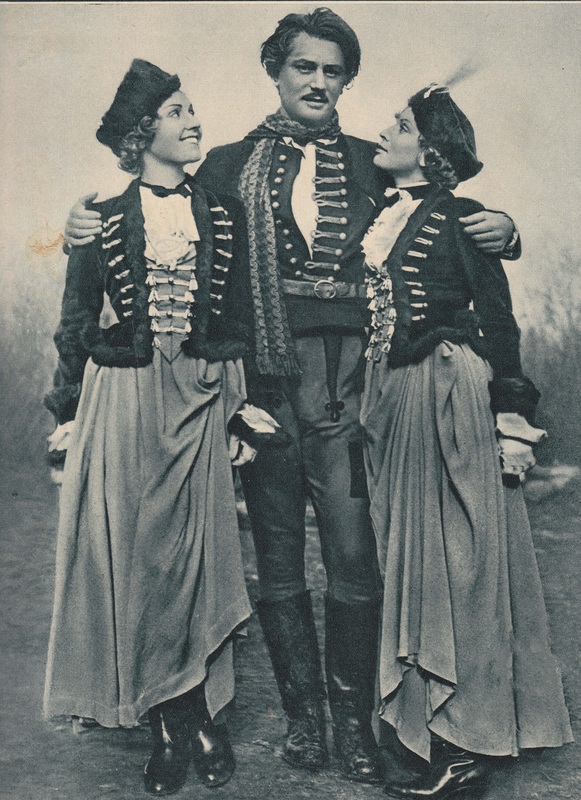
Adolf Wohlbrück as the Zigeunerbaron in the 1935 film version.
The new book or catalogue wants to go on a “biographical search for traces” (“Spurensuche”). And apart from the political dimension of his career and life as an emigrant, there is also the aspect of Mr. Wohlbrück’s homosexuality: how did that play into it all, how was he able the live rather openly under the circumstances of the times, yet keep it out of the news? Who were his lovers and life partners? What role did they play in his career?
For answers, you need to check out the new book, which also includes a commentated filmography. And that filmography is truly expansive and impressive.
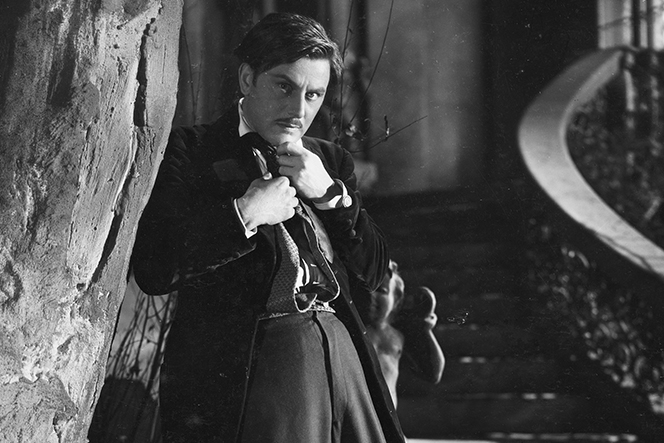
Adolf Wohlbrück in “Der Student von Prag,” 1935. (Photo: Zeughauskino Berlin)
Berlin will show the famous Walzerkrieg (1933) by Ludwig Berger, there’s Maskerade (1934) by Willi Forst and Die vertauschte Braut (1934) by Carl Lamac (who also made the Im weißen Rössl movie). There’s the early Wüstenrausch (1923) by Géza von Bolváry, and the highly influential Viktor und Viktoria (1933) by Reinhold Schünzel.
The British films get their due share as well, from Gaslight (1940) by Thorold Dickinson to Victoria the Great (1937) by Herbert Wilcox and late pictures such as Saint Joan (1957) by Otto Preminger and L’Affaire Maurizius (1954) by Julien Duvivier.
You can view the entire program here. It also includes a 1989 documentary from East-Germany (DDR) called Der Schatten des Studenten, a reference to the famous Der Student von Prag.
It will be interesting to see how many heretofore unpublished details will be discussed in the new book, since some of Mr. Wohlbrück’s sexpartners did talk about their encounters with him. In his book The Man Who Invented Rock Hudson: The Pretty Boys and Dirty Deals of Henry Willson author Robert Hofler discloses (and discusses) the penis size of nearly every Hollywood star of the 1940s and 50s – allowing a glance into a hidden world of sexual adventure behind the scenes. The report is based on interviews with friends and secretaries of Rock Hudson who repeat famous anecdotes Mr. Hudson used to tell about his amorous excursions.
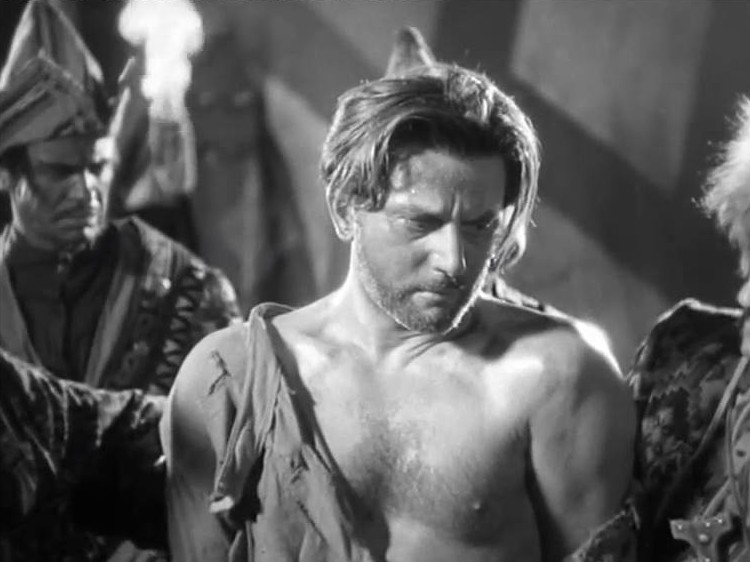
Anton Wohlbrück, topless, in “Der Kurier des Zaren,” an adaptation of Michael Strogoff.
Such a book has not yet been published in the field of operetta. Some might consider that a good thing, others will miss is. I am only mentioning this because a journalist recently told me the story actor Kurt von Ruffin confessed to him about having had sex with Adolf Wohlbrück: apparently the movie star had an inferiority complex because of his “size,” and compensated for it by playing the piano when having a man over for a date. It was impossible to go to bed with Adolf/Anton without a piano nearby, according to Mr. Ruffin.
The journalist friend wrote to me: “Others use poppers or drugs to overcome their inhibitions, Adolf used music!” Whether the music offered were operetta tunes or something else remains to be investigated. It certainly shows a vulnerable and endearing side of the film star!
In the book The Reason of Things A.C. Grayling noted in 2002: “The popularity of biography, always considerable, has increased greatly since biographers allowed themselves frankness in the handling of intimacies. That is a good thing: life is lived more behind drawn curtains than on public platforms, so to give a living sense of personal human history the biographer must lift veils.”

Another poster version for “Oh… Rosalinda!” (1955).
By the way, the new book/catalogue cannot be bought via Amazon (the Viennese publisher SYNEMA – Gesellschaft für Film und Medien claims “Sorry, we do not Amazon!”). Let’s hope their direct order system works better than their website.
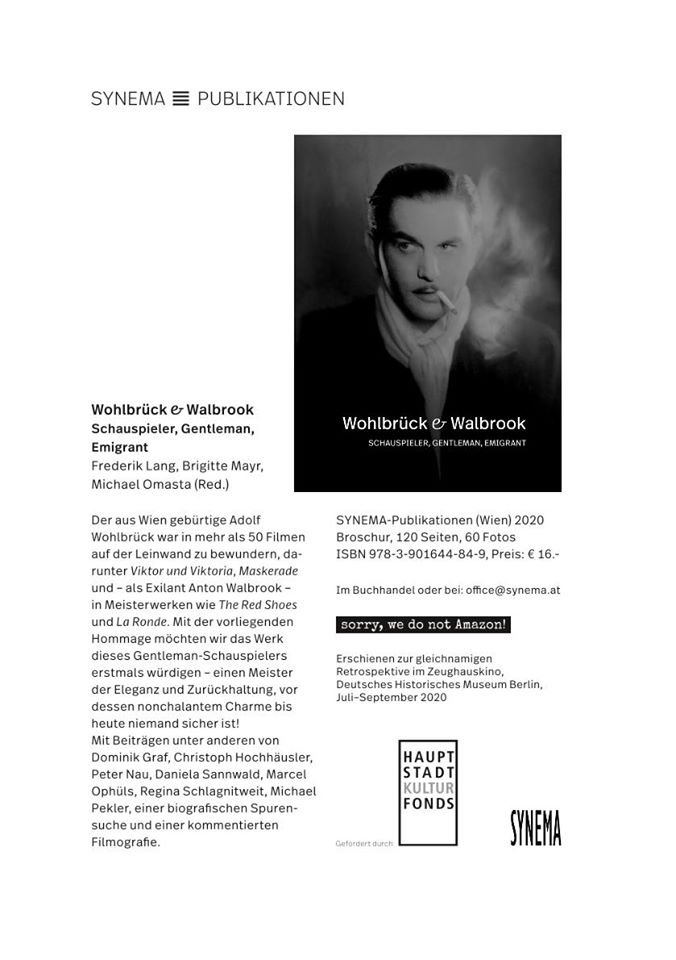
The new book on Adolf Wohlbrück, sponsored by Hauptstadt Kulturfonds.
The whole project is sponsored by Berlin’s Hauptstadt Kulturfonds. And it was in Berlin, back in 1997, that Schwules Museum presented one of the first exhibitions on Adolf Wohlbrück entitled Der schönste Mann des deutschen Films – Hommage an Adolf Wohlbrück, curated by Wolfgang Theis.
It’s high time for an update!
To order the book via email, click here. For more information on Adolf Wohlbrück, click here.

Oh dear lord THANK YOU for this write-up!
Oh to be in Berlin for this film festival – *sigh*
Now to try and get this publication from halfway around the world.
Jason
Portland, OR